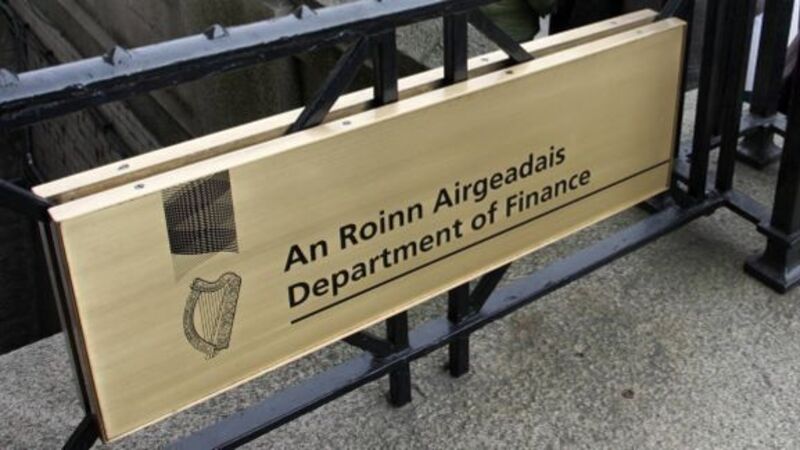Funding legacy bank debt ‘still a possibility’

In an interview with the French newspaper, Le Figaro, the head of the eurogroup of finance ministers, Jeroen Djisselbloem, appeared to scupper Ireland’s chances of a recapitalisation of legacy debts through the ESM. He said he did not think there would be any political support for such a move.
While there would be little support for a blanket policy because that would open up the possibility of French and Spanish banks looking for a retroactive recapitalisation from the ESM, there is still the possibility that decisions could be made on a country specific basis, said Mr Lane. “After the stress tests next year could present an opportunity. Portugal will also need refinancing, so it would not be inconsistent with that.”
















